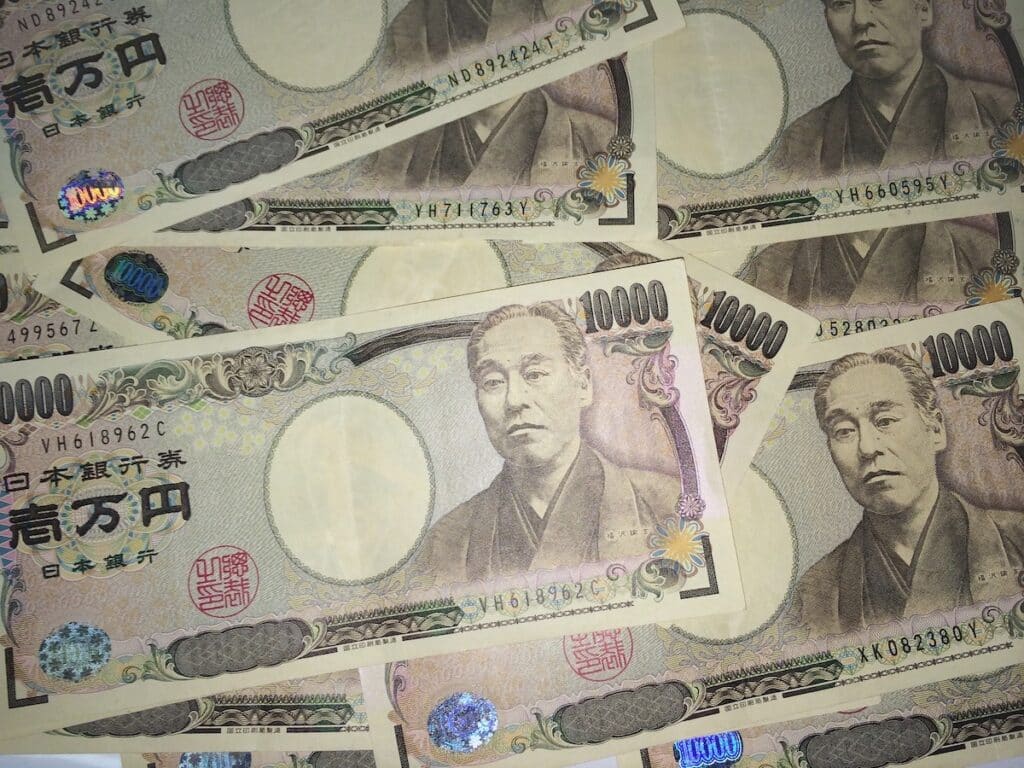Is NISA Japan Witnessing Big Expansion After 2023? That will be the topic of today’s article.
If you are looking to invest as an expat or high-net-worth individual, which is what I specialize in, you can email me (advice@adamfayed.com) or use WhatsApp (+44-7393-450-837).
Introduction
The Nippon Individual Savings Account scheme, commonly known as NISA Japan, will be expanded to urge more people to invest more of their savings, Prime Minister Fumio Kishida said in May.
What is NISA Japan?
The Japanese government in 2014 rolled out NISA so that the country’s residents, including non-Japanese nationals, would place their money on investments rather than keep most, if not all, of it in cash or via private savings accounts in banks.
To make NISA Japan more enticing particularly for new investors, the government made the program free of tax. It was styled after the United Kingdom’s Individual Savings Accounts system, or ISA, which is also tax-free.
You only have until 2023 to subscribe to the NISA Japan program and enjoy the perks of such scheme.
How do you know if you are eligible to use the NISA Japan program?
While being a Japanese citizen is not a requirement to qualify, consider yourself lucky if you are a holder of a Japanese visa with a residence status, as the scheme does not cover those who only hold a tourist or other non-resident visa.
How will you be exempted from tax?
All investments you will make under NISA Japan will not be levied, contrary to the usual mandatory tax payments imposed on any dividends or profit earned from the act of buying and selling stocks. Therefore, Eligible residents aged 20 and above could enjoy being exempted from the 20% tax charge on income from capital gains and dividends from yearly investments worth up to 1 million yen ($7,285) made over a period of five years.
Any profits made over the five-year threshold will be subject to full taxation.

How many accounts are you allowed to open and how much can you invest?
The program has strict limits. Only one account per individual is allowed, with a maximum investment worth 1 million yen per year.
Are you allowed to choose any stock?
You must select pre-approved stocks, exchange-traded funds (ETFs), and trusts under the scheme. Investments in bonds are not accepted under NISA Japan as it targets mid-term and safe investment options. Thus, investments that are considered high risk as well as foreign stocks are not permitted since Japan wanted to incentivize its residents to get their money into the Japanese economy and therefore placed into Japanese stocks.
Where can you open a NISA account?
A NISA Japan account can be set up at securities firms and banks. Financial service providers, such as Rakuten Securities and Monex, also offer online options.
There is, however, a downside in setting up a NISA Japan account online as you would have to navigate their sites in Japanese. Unfortunately, no such online service in English is readily available.
Is opening a NISA Japan account hard for a foreigner?
Probably the hardest part for subscribing to the program is the need for solid understanding of Japanese and Kanji writing since management of account will all be in the Japanese language.
You may also receive a downright rejection from a lot of securities firms once your Japanese language skills are imperfect. While some may be inclined to be more tolerant of your being a foreigner, you would need to successfully navigate the application process to make it.
You can also opt for a fixed amount of deposit per month and set up your stock choices.
Can you opt out of the scheme early and sell the assets held in your NISA?
Yes, you could leave NISA and withdraw all your money any time. However, you will not be allowed to invest the same funds during the remaining period. You could also sell all your assets in NISA whenever you want to, but if you put up such assets for sale prior to the expiration of the five-year tax-exempt period, you will be prohibited to reuse a portion of the levy-free capital you used to acquire the assets within that period.
NISA Japan expansion and the younger generation
Japan thought about expanding NISA and in early 2016 revised the annual investment limit to 1.2 million yen. The figure was raised from the original 1 million yen investment allowed upon the program’s launch.
In the same year, the government launched Junior NISA to promote investments in minors, or those who are aged 20 and below, as majority of financial assets in the country are owned by older people, or those aged 60 and above. The government wanted to facilitate the transfer of assets from the old-age group to the young ones, as they deemed it necessary that the younger generation be involved in more investments in the long term.
How is Junior NISA different from the original NISA?
Like NISA that was launched in 2014, Junior NISA is a tax-exempt investment account which can be set up at financial institutions like securities firms and banks. The tax exemption also worked in almost the same way, except that for Junior NISA, the exemptions are only applicable if no fund is withdrawn from the account before its holder reaches 18 years old. Any such withdrawal before the Junior NISA holder turns 18 will result to the imposition of taxes on profits. Strictly speaking, the underage account holders are restricted from withdrawing their funds until they reach 18.
Junior NISA also had an investment limit of 800,000 yen per year, lower than NISA Japan’s 1.2 million yen annual cap.
Parents or grandparents are stipulated to manage the assets in their children’s or grandchildren’s Junior NISA. All assets amassed in Junior NISA are transferable to normal NISA once the Junior NISA holder reaches the age of 20.

Ditching Junior NISA
In late 2019, about four years after Junior NISA’s kickoff, Japan decided to junk the scheme by the end of 2023 due to minimal user adoption. In doing so, the government also eased tax exemption policies in 2024 and beyond, allowing the underage holder to withdraw funds without incurring tax.
While Japan is scrapping Junior NISA, the country’s Prime Minister reiterated his commitment to further expand the program, with details yet to be revealed.
Pained by financial indecision? Want to invest with Adam?

Adam is an internationally recognised author on financial matters with over 830million answer views on Quora, a widely sold book on Amazon, and a contributor on Forbes.



